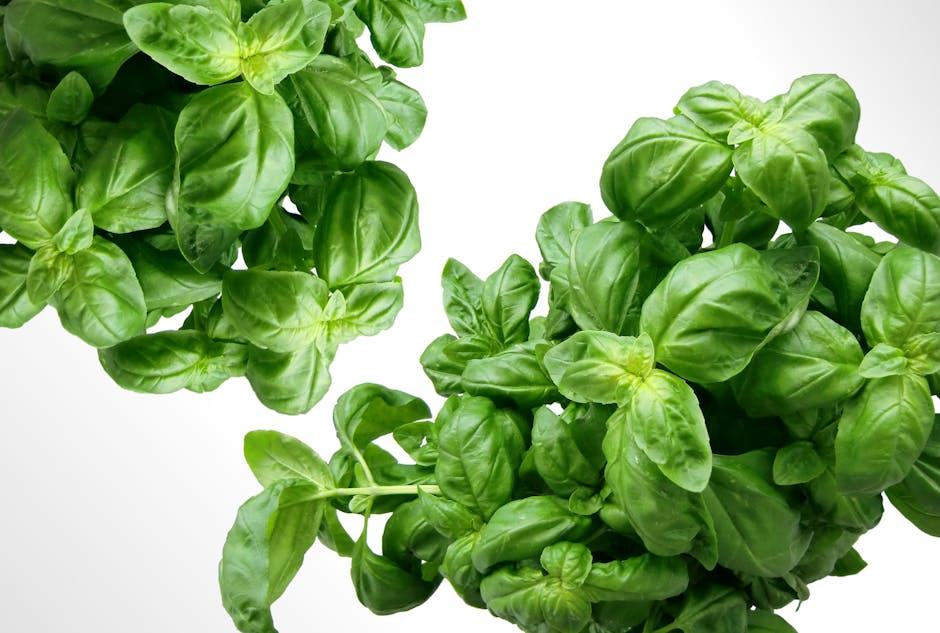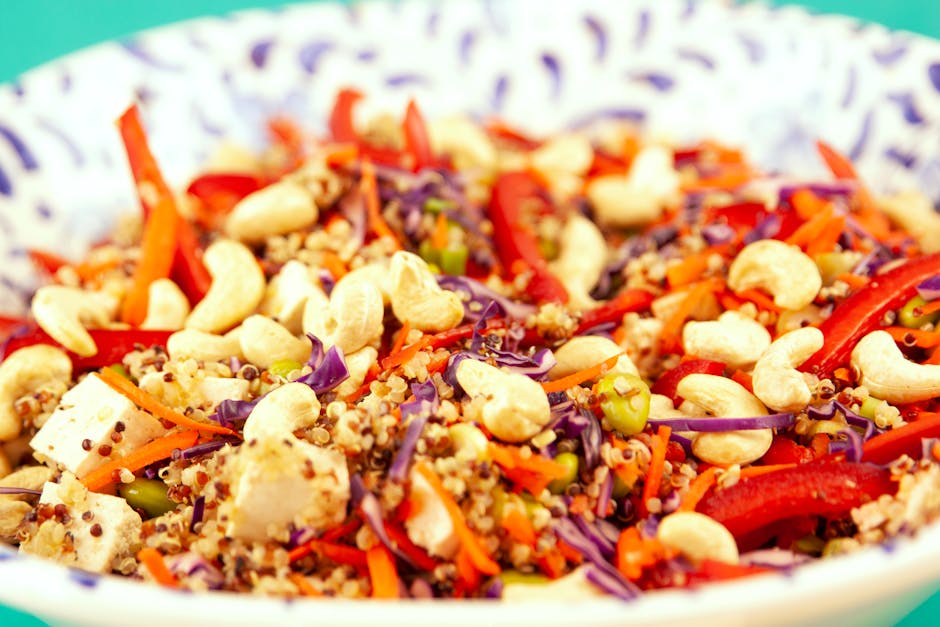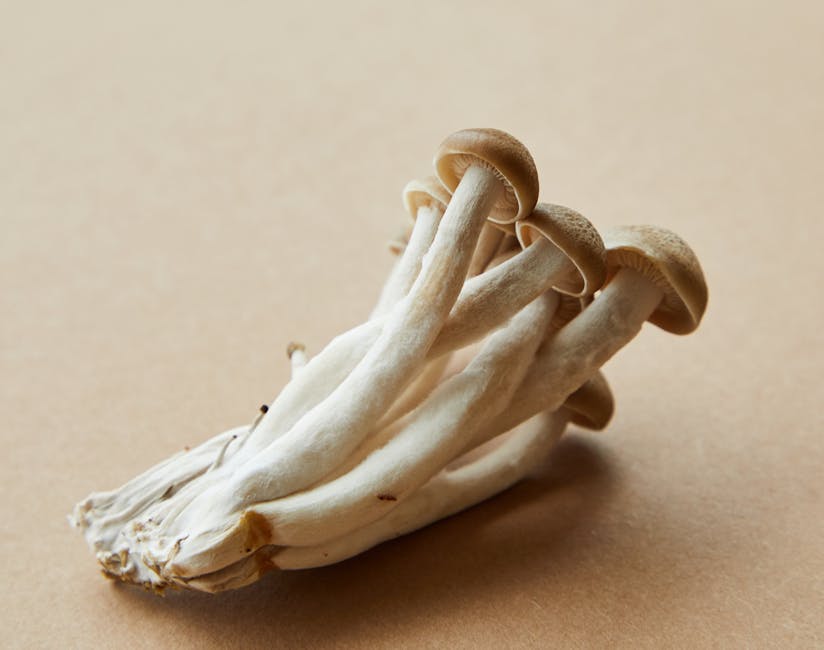The Vegan Voyage: Set Sail on a Life-Changing Adventure With a Plant-Based Diet as Your Compass
Set off on a life-changing journey with a plant-based diet as your guiding light. Shed weight effortlessly, enjoying low-calorie, fibre-packed meals bursting with essential nutrients. Energise with plant proteins like beans and tofu while indulging in delicious vegan creations. Navigate social waters like a pro, communicating your dietary needs confidently. Decrease your carbon footprint, advocating sustainability with every meal. Immerse yourself in a world of reduced health risks and enhanced well-being through veganism. Join the vibrant community for endless support and inspiration. Your plant-powered adventure awaits, leading you toward a healthier, greener lifestyle full of vitality and discovery.
Key Takeaways
- Plant-based diet aids weight management and boosts energy levels.
- Proper planning ensures meeting nutrient needs on a vegan diet.
- Sustainable food choices reduce waste and support the environment.
- Vegan recipes offer diverse options for delicious, plant-based meals.
- Joining the vegan community provides support, resources, and motivation.
Benefits of a Plant-Based Diet

By embracing a plant-based diet, you can experience numerous health benefits that can positively impact your overall well-being. When it comes to weight management, a plant-based diet can be a game-changer. Fruits, vegetables, whole grains, and legumes are typically lower in calories and saturated fats than animal products, making it easier to maintain a healthy weight. Additionally, the high fibre content of plant-based foods can help you feel full and satisfied, reducing the urge to overeat.
Nutrient absorption is another key advantage of a plant-based diet. Plant foods are rich in essential vitamins, minerals, and antioxidants that are crucial for your body’s proper functioning. By consuming a variety of plant-based foods, you can make sure that you’re getting a wide range of nutrients that support your overall health.
In terms of energy levels, many people report feeling more energised after shifting to a plant-based diet. The vitamins and minerals found in plant foods can help boost your energy levels and keep you feeling alert throughout the day. Additionally, the antioxidants present in plant foods can help strengthen your immune system, reducing the risk of falling ill.
Exploring Vegan Nutrition

Exploring Vegan Nutrition opens up a world of possibilities for enhancing your health and well-being through plant-based eating. Whether you’re a vegan athlete looking to boost your performance or simply interested in understanding how to prevent nutrient deficiencies on a vegan diet, this journey into vegan nutrition offers valuable insights.
Vegan athlete performance can thrive with a well-planned plant-based diet. Contrary to the myth that vegan diets lack protein, you can easily meet your protein needs through sources like beans, lentils, tofu, tempeh, and quinoa. These plant-based powerhouses not only provide protein but are also rich in essential nutrients like iron and calcium to support your active lifestyle.
Nutrient deficiencies are a concern for many considering a vegan diet. However, with proper planning, you can easily obtain all the vitamins and minerals your body needs. Key nutrients to pay attention to include vitamin B12, iron, calcium, and omega-3 fatty acids. Incorporating fortified foods, supplements, and a variety of fruits, vegetables, whole grains, nuts, and seeds into your diet can help you meet your nutrient requirements without any fuss.
Sustainable Food Choices

Making sustainable food choices is essential for reducing your environmental impact and supporting a healthier planet. When you opt for eco-friendly packaging and minimise food waste, you actively contribute to a more sustainable food system. Here are five key ways to make sustainable food choices:
-
Meal Planning: By planning your meals ahead of time, you can buy only what you need, reducing the risk of food waste and making more conscious choices about packaging.
-
Shop Local: Supporting local farmers and producers not only reduces the carbon footprint of your food but also helps the local economy thrive.
-
Choose Whole Foods: Opt for whole, minimally processed foods to reduce packaging waste and promote a healthier lifestyle.
-
Reusable Containers: Invest in reusable containers for storing food instead of single-use plastic bags or wraps to cut down on waste.
-
Compost: Turn food scraps into nutrient-rich compost for your garden, closing the loop on food waste and contributing to a circular economy.
Vegan Recipes to Try

To continue your journey towards a more sustainable and plant-based lifestyle, let’s now explore some enticing vegan recipes worth trying. Whether you’re looking for quick meal prep options or flavourful substitutes to jazz up your dishes, these vegan recipes are sure to delight your taste buds. Below is a table showcasing a variety of vegan dessert ideas and cooking techniques that will elevate your culinary experience:
| Vegan Dessert Ideas | Cooking Techniques |
|---|---|
| Vegan Chocolate Mousse | Baking |
| Cocoanut Bliss Balls | Sauteing |
| Avocado Lime Cheesecake | Steaming |
| Berry Chia Saeed Pudding | Grilling |
| Oatmeal Raisin Cookies | Blending |
These recipes not only cater to your sweet tooth but also provide a glimpse into the diverse and creative world of plant-based cooking. Experiment with different ingredients and methods to discover your favourite vegan dishes. From the richness of vegan chocolate mousse to the freshness of avocado lime cheesecake, there’s something for everyone to enjoy. So grab your apron, get your hands dirty, and let these vegan recipes take you on a flavourful adventure like never before!
Navigating Social Situations

When facing dining out challenges or managing family gatherings as a vegan, it’s crucial to have strategies in place. These situations can sometimes be tricky, but with a bit of planning, you can confidently stick to your plant-based diet.
Dining Out Challenges
Managing social situations while dining out as a vegan can present unique challenges but can also be an opportunity to explore new culinary experiences. When faced with dining out challenges, remember these key points:
-
Research Menus: Look up restaurants beforehand to find vegan options or call ahead to enquire.
-
Customise Orders: Don’t be afraid to ask for modifications to make a dish vegan-friendly.
-
Vegan Fast Food Choices: Seek out fast-food chains like Chipotle or Taco Bell that offer customisable vegan options.
-
Vegan Dessert Options: Cheque for vegan dessert choices or opt for fruit plates.
-
Communicate Clearly: Inform your server about your dietary preferences to make sure your meal is prepared accordingly.
Family Gatherings Strategies
Exploring social situations at family gatherings as a vegan can be a rewarding experience that fosters understanding and opens the door to delicious plant-based options.
When manoeuvring holiday feasting and family traditions, communication is key. Express your dietary preferences politely and offer to bring a dish to share, showcasing the variety and deliciousness of vegan cuisine.
Embrace the opportunity to educate your family members about your lifestyle choice, emphasising the health and environmental benefits of a plant-based diet.
Remember, family gatherings are about coming together and enjoying each other’s company, so focus on the connexions you share rather than any dietary differences.
Vegan Travel Tips

For seamless vegan travel experiences, always plan ahead by researching local plant-based dining options and packing essential snacks. When starting on your next adventure, keep these tips in mind:
-
Research local plant-based dining options: Before you travel, look up vegan restaurants, cafes, and grocery stores at your destination. Websites and apps like HappyCow can be invaluable resources for finding vegan-friendly places to eat.
-
Pack essential snacks: Make sure to prepare travel-friendly snacks like nuts, seeds, dried fruits, granola bars, and veggie chips to keep hunger at bay while on the go.
-
Visit local markets: Explore local markets to discover fresh fruits, vegetables, nuts, and other plant-based goodies. Not only will you find unique local produce, but you’ll also support small businesses.
-
Communicate your dietary needs: Don’t be afraid to communicate your dietary preferences and restrictions to waitstaff and chefs. Most places are accommodating and willing to customise dishes to suit your needs.
-
Stay hydrated: Carry a reusable water bottle to stay hydrated throughout your travels. Staying hydrated is essential for feeling energised and healthy on the road.
Environmental Impact of Veganism

Reduce your carbon footprint and contribute to resource conservation efforts by adopting a plant-based diet. By choosing vegan options, you actively participate in lowering greenhouse gas emissions and helping to preserve water and land resources.
Embracing veganism can be a powerful way to make a positive impact on the environment.
Carbon Footprint Reduction
By adopting a plant-based diet, individuals greatly reduce their carbon footprint, contributing to a healthier planet. Going vegan is a powerful way to embrace an eco-friendly lifestyle and play your part in climate change mitigation.
Here are some ways in which a plant-based diet helps reduce your carbon footprint:
- Plant-based foods generally require fewer resources to produce than animal-based foods.
- Livestock farming is a significant contributor to greenhouse gas emissions, which are reduced by choosing plant-based alternatives.
- Deforestation, often driven by the demand for animal agriculture, is mitigated by opting for plant-based meals.
- Choosing vegan options decreases the need for transportation of animals and their feed, reducing carbon emissions.
- By supporting sustainable farming practises for plant-based foods, you contribute to a greener future.
Resource Conservation Efforts
Opt for plant-based choices to support resource conservation efforts and lessen the environmental impact of veganism. By embracing water conservation techniques such as drip irrigation and rainwater harvesting, you can greatly reduce water usage compared to animal agriculture.
Soil regeneration methods like cover cropping and composting help restore soil health, promoting sustainable agriculture practises. Incorporating energy-saving practises such as using renewable energy sources and reducing food waste can further enhance the eco-friendly benefits of a plant-based diet.
Waste reduction strategies like recycling and composting kitchen scraps play an important role in minimising environmental impact. With these simple yet impactful steps, you can actively contribute to resource conservation efforts and make a positive difference in preserving our planet for future generations.
Plant-Based Health Studies

Starting a plant-based diet has been linked to numerous health benefits, supported by a growing body of Plant-Based Health Studies. When considering the impact of plant-based diets on health, research has shown:
-
Longevity Research: Studies suggest that individuals following plant-based diets have a reduced risk of chronic diseases, potentially leading to a longer and healthier life.
-
Heart Health: Plant-based diets have been associated with lower levels of cholesterol and blood pressure, promoting cardiovascular well-being.
-
Weight Management: Adopting a vegan lifestyle may aid in weight loss and weight maintenance due to the typically lower calorie density of plant-based foods.
-
Improved Digestion: The high fibre content in plant-based diets can enhance digestive health by promoting regular bowel movements and a healthy gut microbiome.
-
Reduced Inflammation: Some research indicates that plant-based diets have anti-inflammatory properties, potentially lowering the risk of inflammatory conditions like arthritis.
These findings underscore the potential benefits of embracing a plant-based diet not only for disease prevention but also for overall well-being. As you navigate your vegan voyage, consider the wealth of evidence supporting the positive impact of plant-based eating on your health.
Joining the Vegan Community

Immerse yourself in the vibrant and supportive Vegan Community to enhance your plant-based journey. By joining this community, you gain access to a wealth of resources, knowledge, and like-minded individuals who can help you navigate the waters of veganism.
Vegan activism is a powerful tool within this community. It involves advocating for animal rights, environmental sustainability, and personal health through various channels such as social media campaigns, protests, and educational events. Engaging in vegan activism allows you to contribute to a larger cause while also solidifying your commitment to a plant-based lifestyle.
Community support plays an essential role in your vegan journey. Whether you’re looking for recipe ideas, struggling with social situations, or seeking motivation, the Vegan Community is there to lift you up. Through online forums, local meetups, and vegan events, you can connect with others who share your values and goals.
Frequently Asked Questions
Can a Plant-Based Diet Provide Enough Protein for Muscle Building?
A plant-based diet can definitely provide sufficient protein for muscle building. Protein sources like beans, lentils, tofu, and quinoa are your best pals.
If needed, supplements like pea protein powder can help boost your intake. Crafting a solid nutrition plan around these sources guarantees you’re getting the right amount of protein for those muscles to thrive.
How Can Vegans Ensure They Are Getting Enough B12?
To guaranty you’re meeting your B12 needs on a vegan diet, consider taking B12 supplements and consuming fortified foods like plant-based milks or cereals.
Periodically, get blood tests to monitor your B12 levels.
Incorporate nutritional yeast into your meals for an added boost.
What Are Some Unexpected Items That May Not Be Vegan?
Ever thought that some innocent-looking foods could conceal non-vegan ingredients? Surprising items like certain wines, orange juice (with added omega-3), and even some brands of white sugar mightn’t fit your vegan diet.
Always cheque labels for hidden animal-derived components. Stay aware of gelatine in candies, anchovies in Worcestershire sauce, and honey in granola bars.
Be vigilant, and keep exploring to expose these unexpected non-vegan culprits in your pantry!
Is It Possible to Be Vegan and Still Support Local Farmers?
You can absolutely be vegan and still support local farmers by choosing fair trade products and sustainable agriculture. This way, you can aline your values with both veganism and ethical farming practises.
How Can Vegans Handle Cultural Food Traditions With Their Diet?
Exploring cultural food traditions as a vegan during holiday celebrations and social gatherings can be a thoughtful journey.
Respectfully share your dietary preferences in advance, offer to bring a dish that alines with your values, or adapt traditional recipes to suit your needs.
Embrace open conversations about your choices, focussing on the positive impact of your plant-based lifestyle.
Conclusion
As you set sail on your vegan voyage, remember this: a recent study found that adopting a plant-based diet can reduce your risk of heart disease by up to 32%.
So, grab your compass and chart a course towards a healthier, more sustainable future. With delicious recipes, supportive communities, and a growing body of research backing you up, there’s no limit to the incredible journey ahead.
Bon voyage!
Contact us to discuss our services now!
